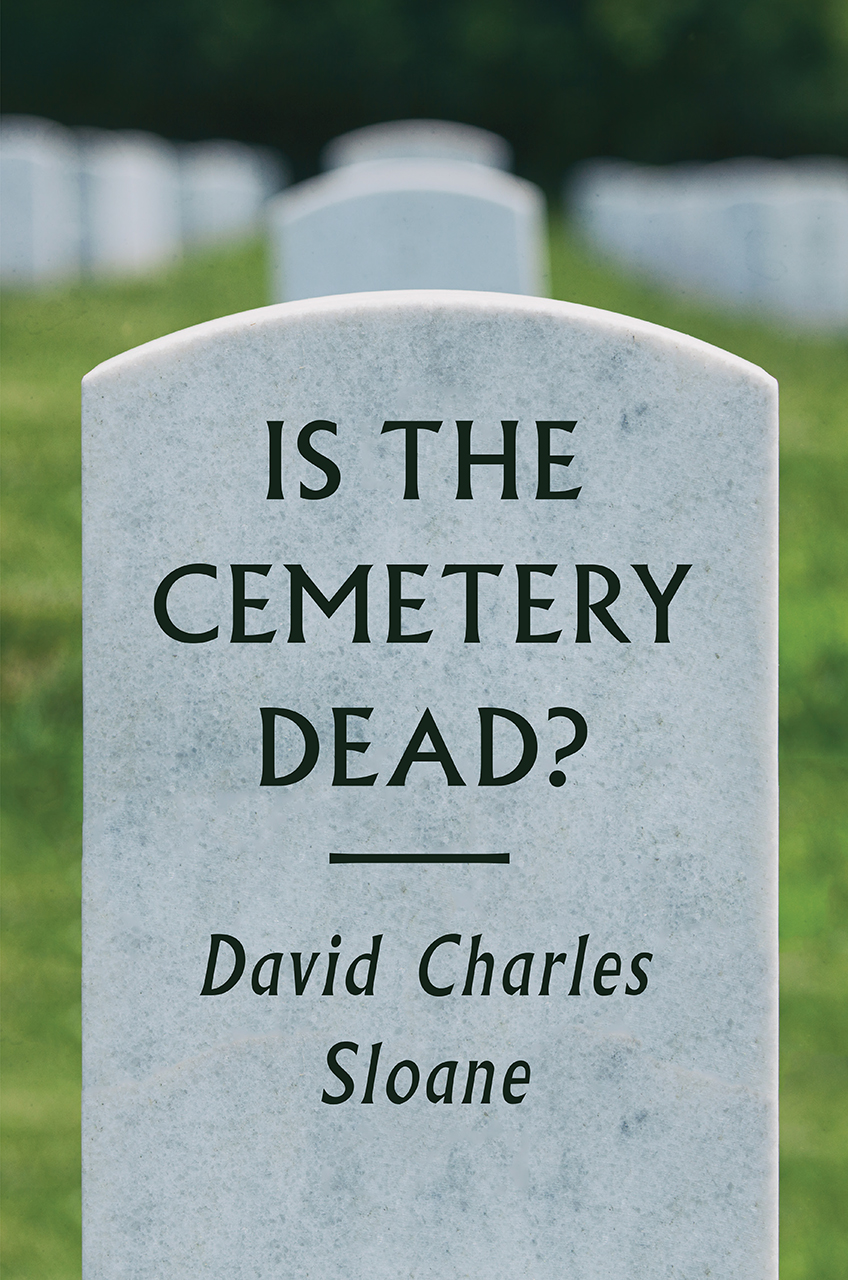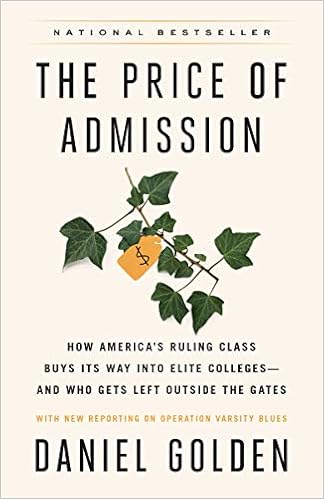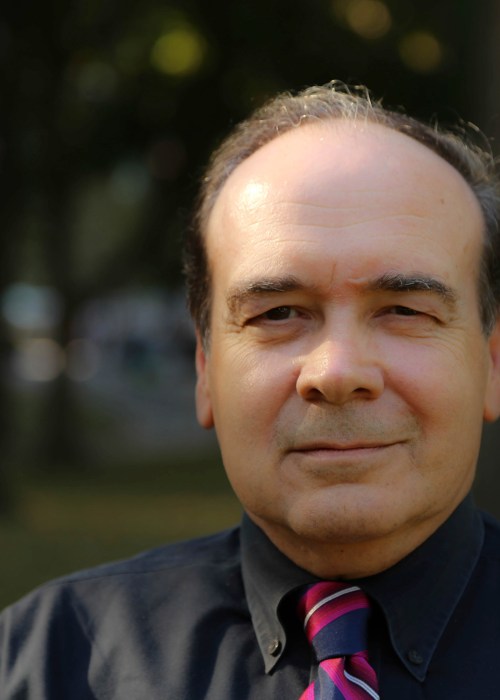EP 312 Leadership in the Age of Trump
Donald Trump has a unique leadership style, to say the least. In this episode, we explore his impact on the notion of what a leader should, or should not, be doing going forward. Thanks to the expertise of Dr. Joshua Weiss, Director of the MS program in leadership and negotiation at Bay Path University in Springfield, Massachusetts, we examine what the art of the deal means in the context of this presidency. Does he exhibit the characteristics of a leader or ruler? And how different are the attributes of one to the other? We also analyze his style of negotiation which is more transactional than ethical or values motivated. We ponder whether his penchant for mercurial decision-making and for breaking deals, rather than making new ones, may place America in a precarious position vis a vis the long view approach of our chief rivals, the Chinese. It’s a very important discussion for these times.
Podcast: Play in new window | Download








